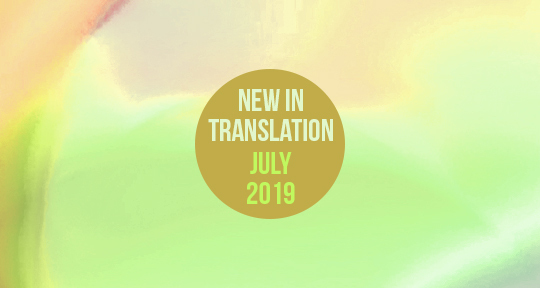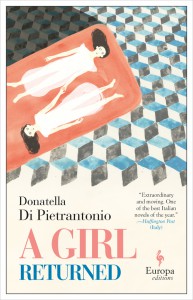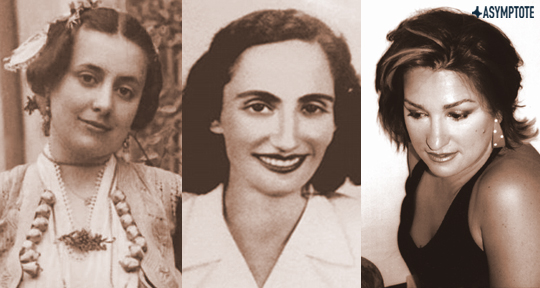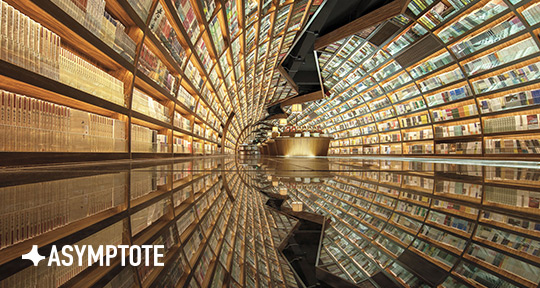Enjoying our latest issue? You can be a part of the next one if you apply to our recruitment drive. (Just bear in mind that the application deadline is just two days away!) Some of you may wonder what drives us to do what we do, so today, in a special post, we are sharing a testimonial by Editor-at-large Barbara Halla, who tells us why she decided to take the leap and send us her application in September 2017.
 A few months ago, I was discussing a pitch for an essay with one of the blog editors at Asymptote. The idea was to explore the way Albania—almost thirty years after the fall of Communism—is trying to preserve the memory of life under the dictatorial regime through interactive museums and privately-owned hipster cafés. The issue at hand is this: to understand how we might be able to translate memory into a physical space, and in doing so preserve the past. I had began listing all the resources I was going to use—historical books on the nature of memory, space, and the ever-present danger of glorifying dictatorships.
A few months ago, I was discussing a pitch for an essay with one of the blog editors at Asymptote. The idea was to explore the way Albania—almost thirty years after the fall of Communism—is trying to preserve the memory of life under the dictatorial regime through interactive museums and privately-owned hipster cafés. The issue at hand is this: to understand how we might be able to translate memory into a physical space, and in doing so preserve the past. I had began listing all the resources I was going to use—historical books on the nature of memory, space, and the ever-present danger of glorifying dictatorships.
In fact, I had barely hit “Send” for my latest email on the topic when I received in my inbox our Fortnightly Airmail. Included in the “In Transit” section for this issue was a recommendation for Karl Schögel’s In Space We Read Time translated by Gerrit Jackson, a book on the materiality of space. I keep thinking now that even if I had done extensive research for weeks I might have never stumbled on this book that may as well have been tailor-made to help solve the issue I was wrestling with.
This is not the first time that working for Asymptote has serendipitously led me to sources and people who could help me better understand and serve in my role as an editor. Often, I will write about something for the blog and be contacted by another editor who is working on a similar topic, or knows about a book or article I might be interested in. Our community of editors and translators feels at times like a physical extension of my own mind.
All these advantages are the lucky by-product of my joining Asymptote back in October. What led me here was another experience all-together. The final impetus for my decision to apply was a visit in June 2017 to Daunt Books, a landmark bookstore in London known for its collection of titles from all over the world. At Daunt, despite said extensive collection, I could find no books about Albania or by Albanian writers. There is a good reason for that: beyond Kadare and some sporadic voices here and there, few Albanian writers are actually translated into English.
Working as an Editor-at-Large for Albania, I am slowly making my way through a list of voices I hope to feature in future issues, to bridge this gap. This has led me to venture into the world of literary translation myself. Through translation, I am re-discovering, after years of living through and studying in other languages, the beauty and singularity of my own native tongue. It is frightening to realize the struggles and limitations that underpin the work of a translator. I often find it very frustrating, how incredibly difficult it is to properly transmit into English the history that lends colour to our words and phrases. But there is happiness there, too, in sharing the struggles and successes of translation with a community of readers. It is their interest, their support, that ultimately makes the work worthwhile.
If you’re inspired to join our team after reading Barbara’s essay, check out some newly available openings (including Editor-at-Large) at our Recruitment page here. We look forward to receiving your application!









